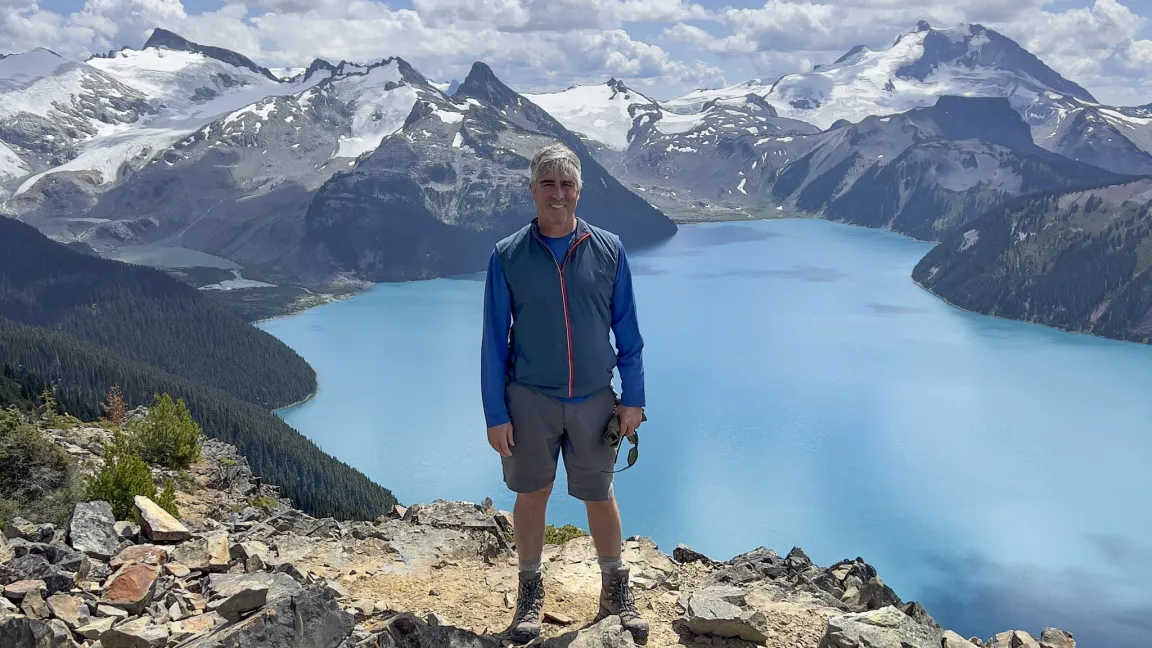UNBC researcher helps advance understanding of global glacier loss
As a leading scientist in the areas of understanding glacier change and climate change in western Canada, Earth Sciences Professor Dr. Brian Menounos collaborated with colleagues around the world to produce a clear and concerning picture of the health of the Earth's glaciers.

Prince George, B.C. – UNBC researcher Dr. Brian Menounos is part of an international team that led a comprehensive assessment of global glacier mass loss. The findings, published in the journal Nature, highlight the accelerating rate of glacier loss worldwide due to climate change and the implications for local geohazards, marine and terrestrial ecosystems, and sea-level rise.
The Glacier Mass Balance Intercomparison Exercise (GlaMBIE) was a community effort by researchers around the world to reconcile measurements collected from different observation methods, produce a global assessment Earth’s glacier mass balance and provide an observational baseline for future impact and modelling studies.
“GlaMBIE is an example of collaboration among international scientists, all of whom use different tools to measure glacier health,” says Menounos, an Earth Sciences Professor in UNBC’s Department of Geography, Earth and Environmental Sciences. “No one tool or method is superior, but by combining them, we get the most consistent and reliable picture of how Earth’s glaciers are doing – and the news is not good.”
The research found that between 2000 and 2023, glaciers lost between two and 39 per cent of their ice regionally and about five per cent globally. Put another way, the total mass lost from Earth’s glaciers over this period would cover all of Vancouver Island in 20 centimetres of water.
Menounos says glaciers in Western Canada and the U.S. lost about 23 per cent of their total volume during the same period.
As the Chief Scientist at the Hakai Institute Airborne Coastal Observatory and on secondment as a research scientist with Natural Resources Canada, Menounos and his team used laser altimetry from space, specifically NASA’s IceSat-2 measurements, to derive estimates of glacier mass change for Western North America. And he points out the loss was not uniform, with western Canada experiencing an accelerated rate of glacier melt.
As a leading researcher in understanding the impacts of climate change on glaciers, Menounos underscores the importance of this project, “With Canada home to nearly one-quarter of Earth’s glaciers, having the highest quality observational data for glacier melt is one of the keys needed to come up with the best projections about when, where and how much ice will be lost from Canada in the decades ahead.”